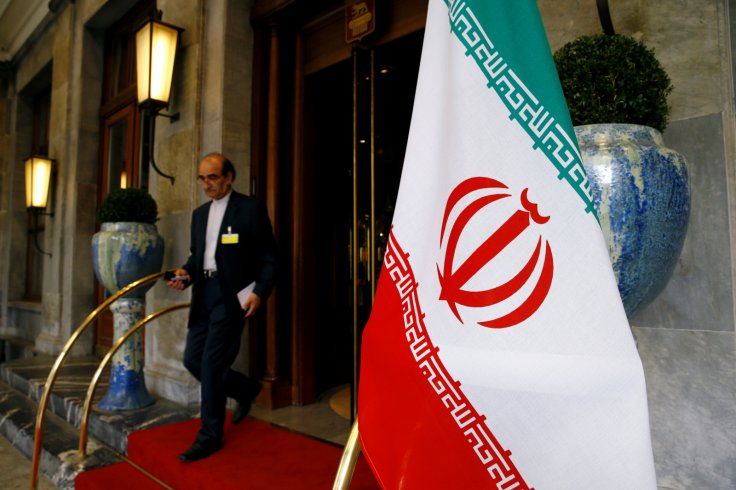Iran complained to the United Nations on Sunday and summoned the Swiss ambassador in Tehran, who represents U.S. interests in the Islamic Republic, over possible measures Washington could take against an Iranian fuel shipment to Venezuela.
A senior official in U.S. President Donald Trump's administration told Reuters on Thursday the United States was considering measures it could take in response to Iran's shipment of fuel to crisis-stricken Venezuela.
The oil sectors of Iran and Venezuela, members of OPEC, are both under U.S. sanctions. The Trump administration official declined to specify the measures being weighed but said options would be presented to Trump.
Iran's Deputy Foreign Minister Abbas Araqchi passed on a message to the Swiss ambassador on Sunday warning against any U.S. threat against the Iranian tankers, according to a report on the foreign ministry website.

Iran complains to U.N.
Iranian Foreign Minister Mohammad Javad Zarif also wrote a letter to U.N. Secretary-General Antonio Guterres.
Iran "reserves its right to take all appropriate and necessary measures and decisive action ... to secure its legitimate rights and interests against such bullying policies and unlawful practices," Zarif wrote to Guterres.
"This hegemonic gunboat diplomacy seariously threatens freedom of international commerce and navigation and the free flow of energy," Zarif wrote. "These efforts by the U.S. to take coercive measures to disrupt Iran's oil sale is a dangerous escalation."
At least one tanker carrying fuel loaded at an Iranian port has set sail for Venezuela, according to vessel tracking data from Refinitiv Eikon on Wednesday, which could help ease an acute scarcity of gasoline in the South American country.
Venezuela is in desperate need of gasoline and other refined fuel products to keep the country functioning amid an economic collapse under socialist President Nicolas Maduro. Venezuela produces crude oil but its infrastructure has been crippled during the economic crisis.








